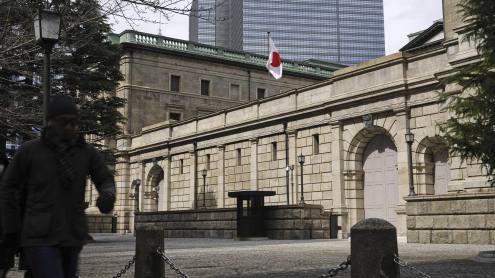The euro tree has taken root. That may be hard to credit given the nature of most of the comments on developments in Euroland. Inevitably, these have focused on short-term issues. First, there was the potential trauma of the introduction of the new currency and the switchover from the 11 national units of the member countries.
There is still some way to go before the process is complete, with the introduction of euro notes and coins in 2002, and there is still work to be done on the infrastructure of the euro-zone markets. Attention has concentrated on the monthly interest rate decisions of the European Central Bank (ECB), the frequent - sometimes delphic or apparently contradictory - public statements of ECB president Wim Duisenberg and other members of the Bank's board. Discussion has been dominated by the sharp drop in the value of the euro on foreign exchange markets, particularly against the dollar.






